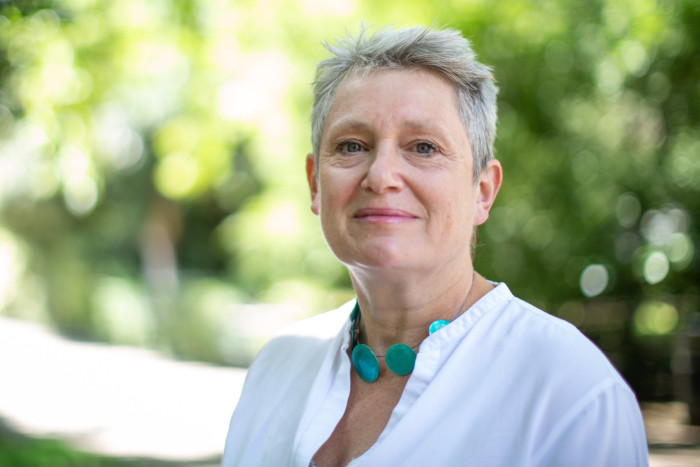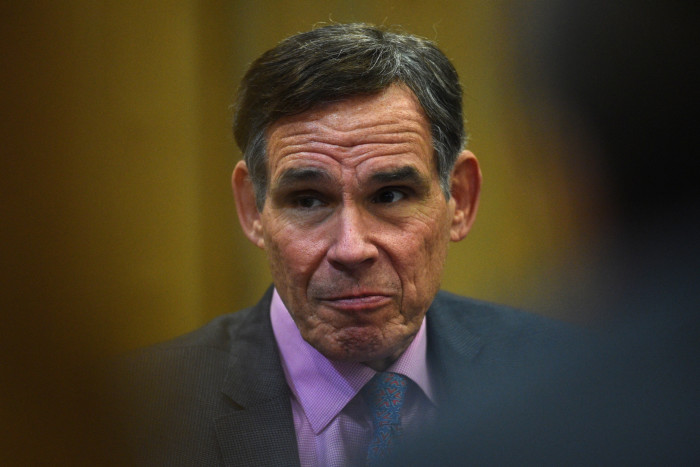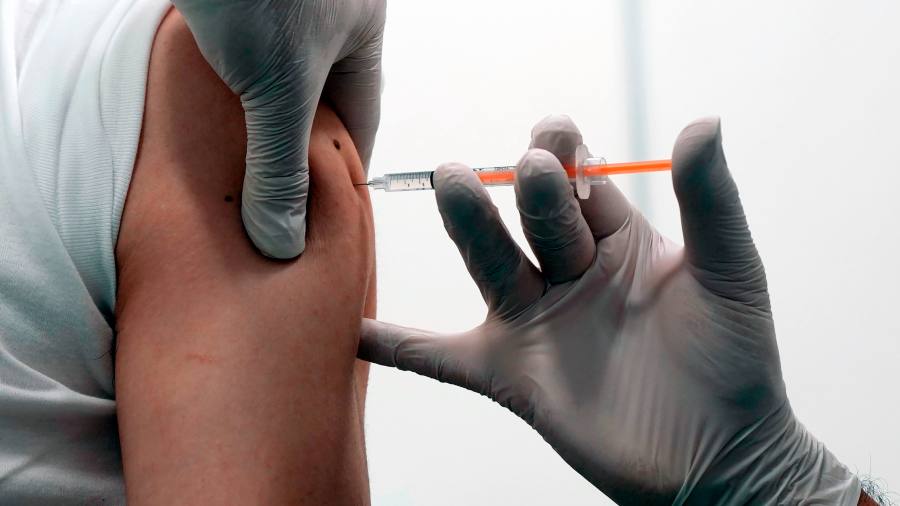Experts warn that a lack of funding and political will is hampering efforts to develop the next generation of vaccines that could protect millions from emerging pathogens.
The next wave of vaccines is expected to improve on the Covid-19 vaccines introduced in late 2020 by providing longer-lasting or broader protection against a variety of variants and possibly other coronaviruses as well. The focus is on alternative products such as nasal sprays, inhalers and tablets that are easier to administer, manufacture or distribute.
But the sense of urgency felt by politicians and policymakers that drove the rapid development of the first Covid-19 vaccines will not be repeated. Critics blame a mix of public apathy, disputes over funding and the politicization of the pandemic response.
US President Joe Biden’s declaration last month that “the pandemic is over” has eroded the value of Covid-19 vaccine makers by more than $10 billion and undermined the chance for breakthroughs at a time when low uptake of booster shots and dwindling immunity to infection are driving up rates.
“Covid politics are really impacting research, from the availability of funding to access to vaccines [for research purposes] and general public sentiment,” said Akiko Iwasaki, professor of immunobiology at the Yale School of Medicine. “If you hear enough times that Covid is over, no one is going to want to pursue next-generation vaccines.”
Anthony Fauci warned that failure to approve new drugs to fight Covid-19 could delay the development of several promising vaccine candidates © Greg Nash/Bloomberg
A Yale team led by Iwasaki is developing a Covid-19 booster that is sprayed directly into the nose. Initial studies on mice brought encouraging results. But the huge costs of conducting clinical trials and regulatory hurdles are slowing progress on such projects, according to Iwasaki, who is urging government intervention to break the deadlock.
In the US, that seems a long way off. In early October, Congress blocked a Biden administration request for an additional $22.4 billion to fight Covid-19. Biden’s chief medical adviser, Dr. Anthony Fauci, has warned that failure to approve new funding could delay the development of several promising vaccine candidates that would otherwise be ready for large-scale clinical trials within a year.
“If you really want to participate in larger clinical trials with candidates, if you work with industry . . . I can’t do this if I don’t get resources from Congress,” he said.
Richard Hatchett, executive director of the Coalition for Epidemic Preparedness Innovations, said his organization has committed about $200 million to support research into vaccines with broader protection against a range of coronaviruses while the US National Institutes of Health announced 36 .3 million US dollars would have provided.
However, he said it was “very surprising and disappointing” that “there isn’t a more concerted global effort to support this work. We don’t see any similarly scaled investments from the UK [European Commission]Japan and others”.
While it is “undeniable that most countries have entered a different phase in their coexistence with the virus,” Hackett added, “there is nothing to say that Sars-Cov-2, which has already demonstrated its enormous evolutionary potential on multiple occasions has asked, this could not continue to mutate to become more virulent or more resistant to the vaccines that we have.”
Some countries, including Japan and the EU, have set up bodies to strengthen their ability to anticipate and respond to future threats, but Hatchett said more urgent action is needed to develop advanced vaccines.

The Commission said Horizon Europe, the EU’s research and innovation programme, has allocated up to €40 million in funding until 2022 to develop next-generation vaccines; Research proposals are currently “under evaluation,” it said, and declined to reveal any further details. The former Horizon 2020 program is also contributing €100 million to CEPI to support work on Covid-19 vaccines. Some of that money could be used to develop a broadly protective coronavirus vaccine candidate as part of the coalition’s $200 million program.
The UK has tried to position itself at the forefront of vaccine development. In June, the government struck a deal with Massachusetts-based Moderna to build a UK research and manufacturing center. A research facility opened by the Health Security Agency in Porton Down in Wiltshire in February has already been “crucial for testing the effectiveness” of new vaccines that target two or more strains of coronavirus, said Dr. Bassam Hallis, its Assistant Director of Research and Evaluation.
However, officials who were instrumental in the initial response to vaccines against the pandemic have suggested that the political leadership and focus that characterized the first phase may have dissipated. Dame Kate Bingham, who led the UK Vaccines Task Force (VTF) for seven months from its inception in May 2020, was directly appointed by then Prime Minister Boris Johnson.
“The sense of urgency and fear in 2020 was completely different. The fact that they were willing to bring in an outside group and allow me to hire a team. . . is very different from what the government has typically done,” Bingham said.

The UK business division has handed over the vaccines development portfolio to the UKHSA, with former VTF executive Philippa Harvey leading the vaccines division. Bingham suggested that the agency “appears to have no power, money, or accountability to work with innovators.” She and her team “have been able to go to academics or companies and say, ‘We’d love to work with you and we have the budget to do it,'” she added.
The UKHSA said it will continue to “work closely with vaccine developers, experts and the scientific community” on early detection and response initiatives.
Back in the US, Eric Topol, founder of the Scripps Research Translational Institute, said the Biden administration failed to confront Republicans over their failure to approve new funds.
He added that the US has been overtaken on some measures by India and China, which have approved nasal and oral vaccines. Indian company Bharat Biotech announced this month that it had received approval for emergency use of its two-dose nasal vaccine for people aged 18 and over.
“You have to go all ways to get the pandemic under control, stay ahead of it and contain the virus,” Topol said. “That won’t be done.”
#Political #setbacks #slowing #development #nextgeneration #Covid #vaccines


Leave a Comment